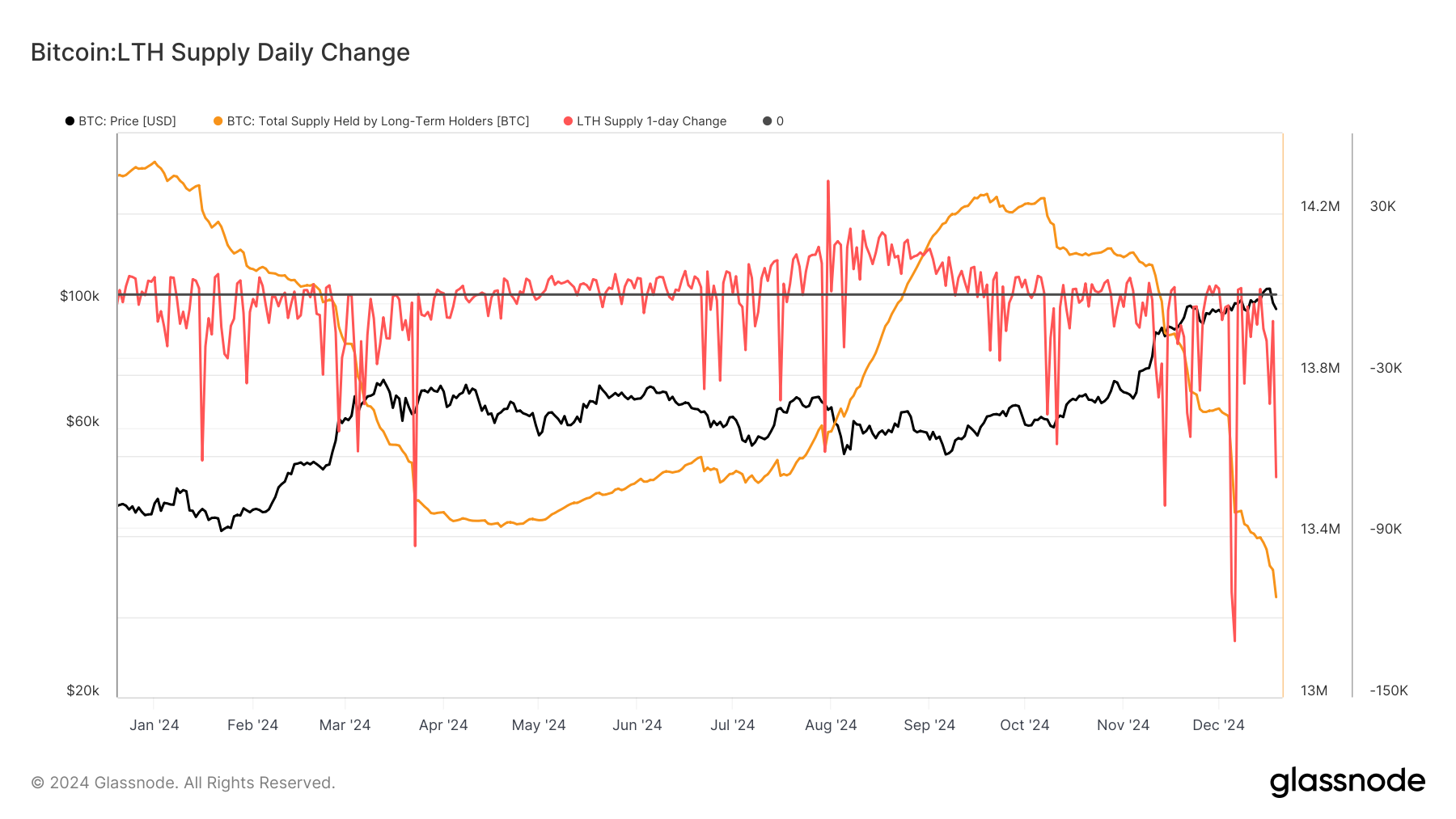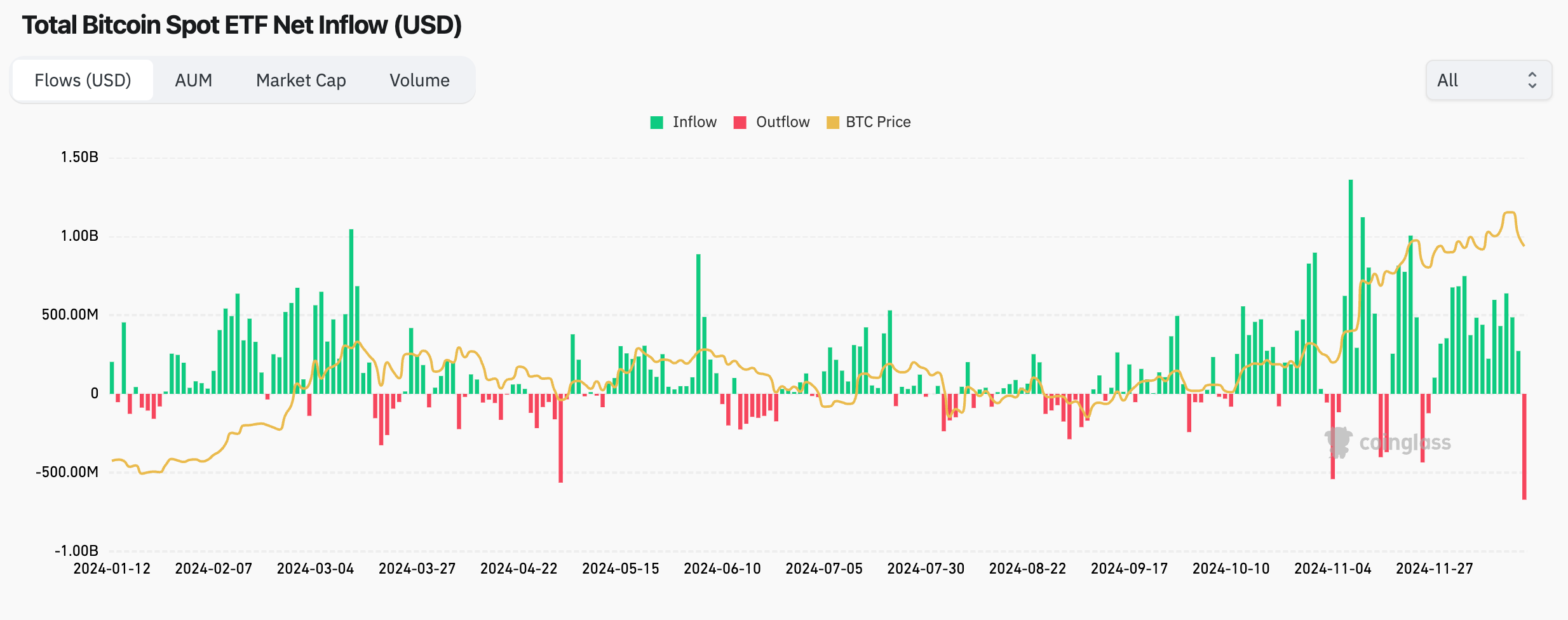Summary:
ICP integrates threshold-Schnorr signatures and onchain Bitcoin block headers, enhancing Bitcoin's utility.
This development enables smart contracts to directly interact with Bitcoin, facilitating DeFi applications.
Supports protocols like Ordinal inscriptions and BRC20, driving transaction activity on the network.
Dfinity Foundation's VP notes a surge in developer adoption of tSchnorr, predicting accelerated development.
Integration allows independent verification of Bitcoin blocks, enhancing trustlessness and security.
The Internet Computer Protocol (ICP) has made significant strides by integrating threshold-Schnorr signatures and onchain Bitcoin block headers as part of its Deuterium milestone. This development is poised to enhance Bitcoin's utility in the decentralized economy, paving the way for new applications that were previously limited due to Bitcoin’s lack of native smart contract support.
ICP Introduces Threshold-Schnorr Signatures to Boost Bitcoin Compatibility
As per the announcement shared with Bitcoin.com News, the implementation of threshold-Schnorr signatures allows ICP smart contracts to interact directly with Bitcoin. This enables functionalities such as signing Taproot transactions and facilitating decentralized finance (DeFi) applications.
This milestone is expected to accelerate development within the Bitcoin ecosystem, supporting emerging protocols like Ordinal inscriptions and the BRC20 standard, which have already seen a surge in transaction activity on the network. Developers now possess the tools necessary to create more advanced and trustless applications on Bitcoin, leveraging the capabilities of ICP.
Lomesh Dutta, VP of Growth at the Dfinity Foundation, commented, “Most Bitcoin meta protocols, like Ordinals and BRC20, utilize Taproot transactions that depend on Schnorr signatures. With tSchnorr, ICP smart contracts can natively sign Bitcoin transactions, allowing developers to explore a myriad of use cases like etching runes, DeFi lending markets supported by Ordinals, or decentralized indexers.”
The Dfinity Foundation executive further noted a surge in the adoption of tSchnorr among developers, predicting that this will significantly boost development within the Bitcoin ecosystem.
Moreover, the integration includes access to full Bitcoin block headers, expanding beyond the previous support of Bitcoin’s unspent transaction output (UTXO) set. This feature enables ICP-based projects, such as Omnity Network and Bioniq, to independently verify Bitcoin blocks without the need for external services.
The ultimate aim is to enhance the trustlessness and security of operations. The ICP development team believes the advancements introduced by the Deuterium milestone position ICP as a crucial player in the ongoing evolution of Bitcoin’s role within the broader DeFi landscape.
What do you think about ICP’s threshold-Schnorr signatures? Share your thoughts in the comments below.









Comments